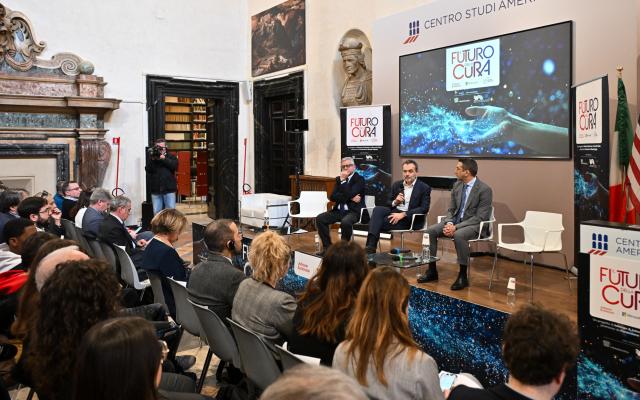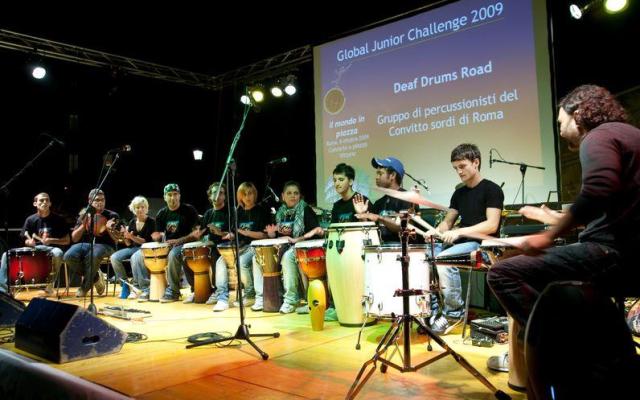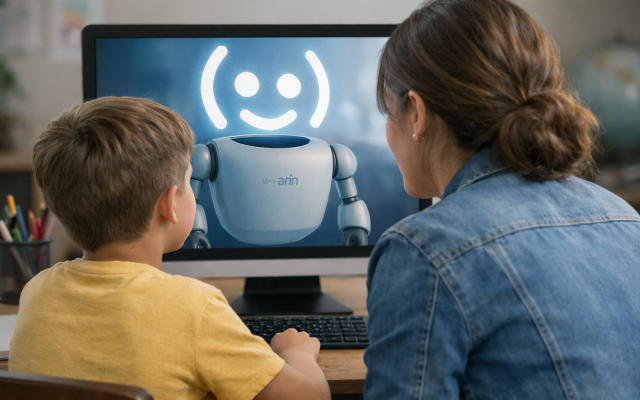3 min.
From Redattore Sociale, 22 December 2009:
A Fondazione Mondo Digitale Project supported by Telecom Italia: 50 social centres equipped with Internet workstations, 50 schools involved in digital literacy efforts. Mimma (92): "Now I can exchange e-mails with my daughter who lives far away."
ROME – Fifty social centres and fifty Roman schools are involved in the Telemouse Project, the latest initiative of the Fondazione Mondo Digitale, that has just kicked off. The initiative, which was officially presented today in Rome at the Elderly Centre in Via Montebello, features the use of students to teach pairs of elders to use new technologies.
The project, which is a spin-off of the “Grandparents on the Internet” Project is a two-year programme that will install “Internet Corners” in municipal elderly centres with the assistance of Telecom Italia. The courses will be held in the computer labs of various schools throughout the Capital. Each school will host a class of 25 over-sixty students enrolled in various elderly centres. The school students, coordinated by an IT teacher, will hold the courses. The course is completely free of charge and will be held weekly, 15 lessons for a total of 30 hours. The elders participating in the course will receive an attendance certificate, while the students will receive credits.
Telemouse introduces some new features to the “Grandparents on the Internet” Project, including the installation of an Internet workstation in elderly centres that will allow participants to continue practicing their new skills even outside of class. Two new manuals – E-Government and New Communication Technology - will be used in addition to the four texts that compose the didactic kit that has been used so far. A new Telemouse master course for advanced elders will also be organized. Moreover, an on-line community, specifically tailored the course, will include didactic material and the experiences of individual participants.
“We hope to contribute with this project to the economic and productive development of individuals and the community,” explains Tullio De Mauro, President of the Fondazione Mondo Digitale. “According to a recent report by the Banca d’Italia, in fact, increases in education lead to an enormous growth in individual and collective wealth. Another fundamental aspect of this project is that it involves many young people and provides them with an extraordinary opportunity. The students will transmit their knowledge of IT tools to individuals who would otherwise be completely ignorant of this technology.
“We would like to export this model throughout Italy,” announced Mirta Michilli, Director General of the Fondazione Mondo Digitale, who also underlines the “educational value of this experience for the young tutors. From 2003 to today, we have involved over 7500 elders, 3000 students and 300 teachers in this experience.”
The presentation was concluded with the testimony of various participants. Grandma Mimma (92): “I first came to this project when I was feeling lonely and abandoned,” she declares. “Now, thanks to the skills that I have acquired, I can look for new recipes and exchange e-mails with my daughter who lives far away. I am also slowly writing down the story of my life on the computer.”
“The Grandparents have been great,” declares Danila, a young tutor. “Their enthusiasm and their desire to learn are a great example for us and inspire us to teach them with ever greater enthusiasm.” (CL)



